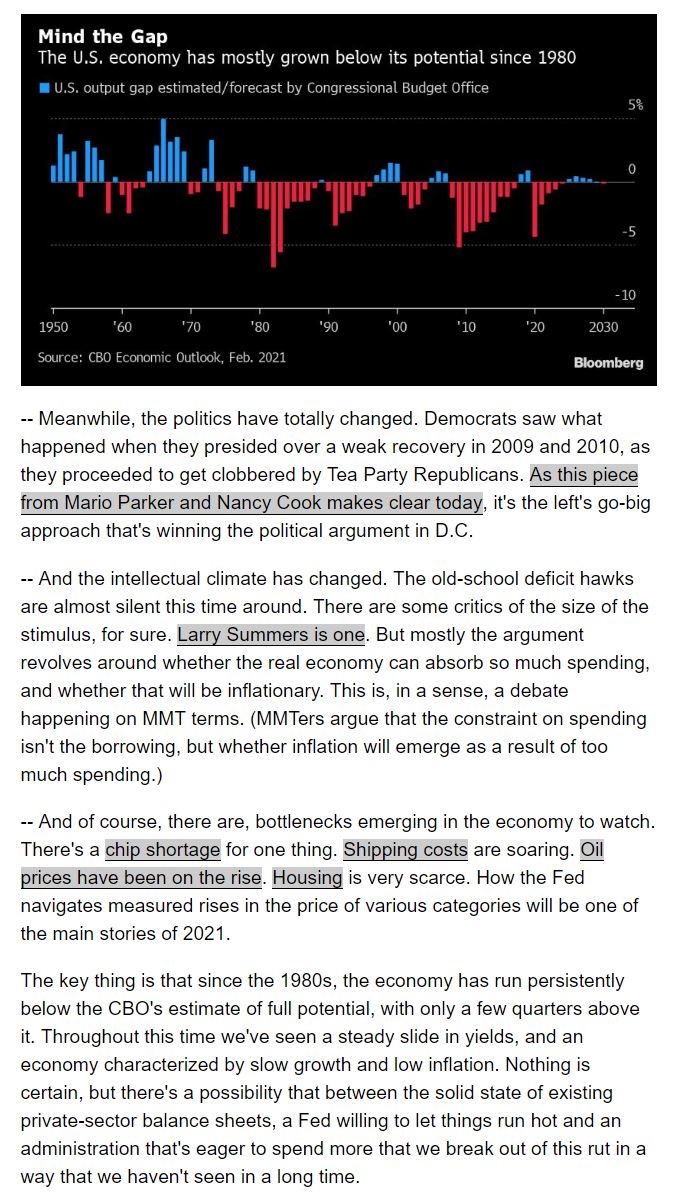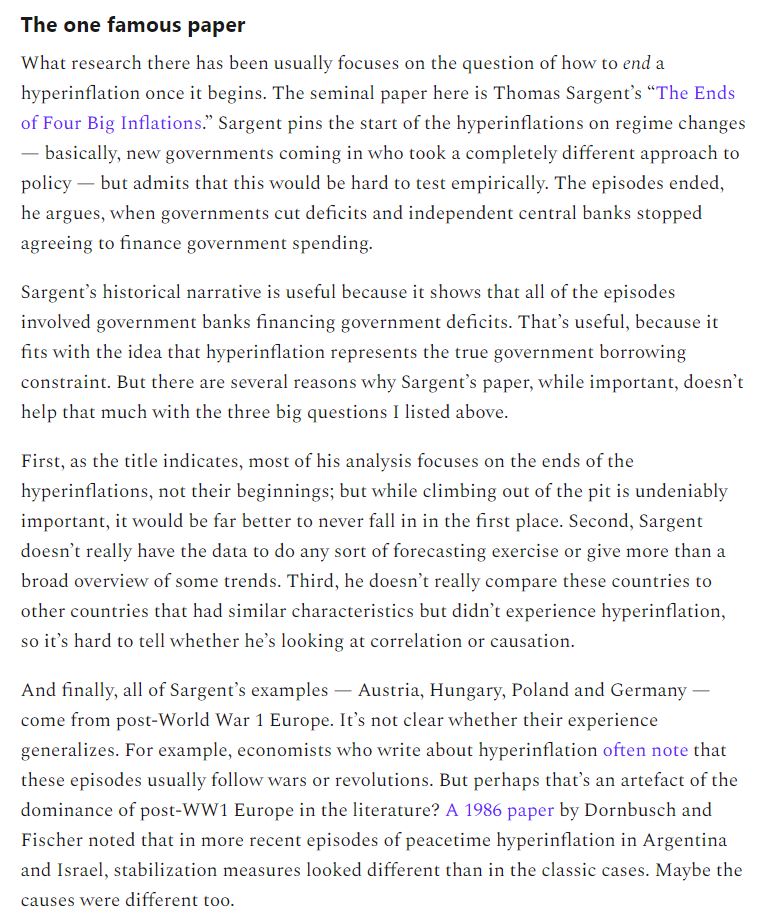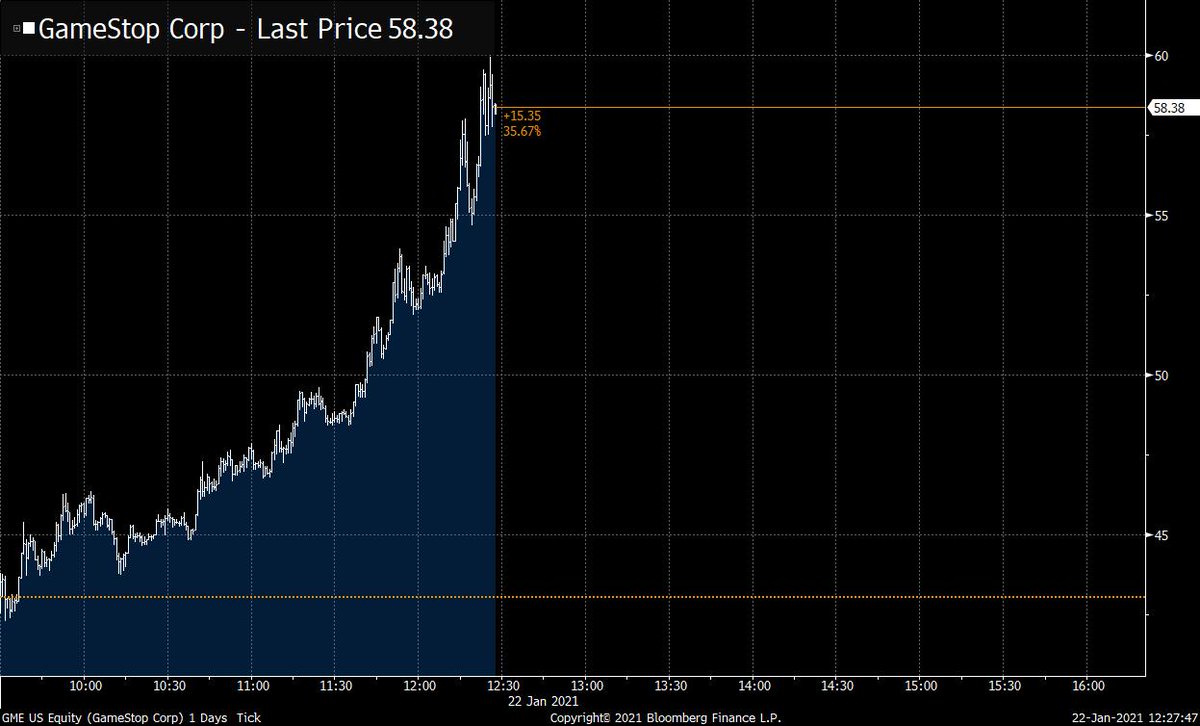
BREAKING: Bitcoin soaring more after $TSLA announces that it's bought $1.5 billion worth of Bitcoin and that it will likely, at some point, accept Bitcoin as payment for cars. bloomberg.com/news/articles/… 



I almost put a line in here this morning about how the only people that really have garnered a ton of trust these days are Elon & Cathie & Chamath & Satoshi
https://twitter.com/thestalwart/status/1358745806371774464
Anyway. Good timing for today's episode
https://twitter.com/thestalwart/status/1358753448645296129
• • •
Missing some Tweet in this thread? You can try to
force a refresh








